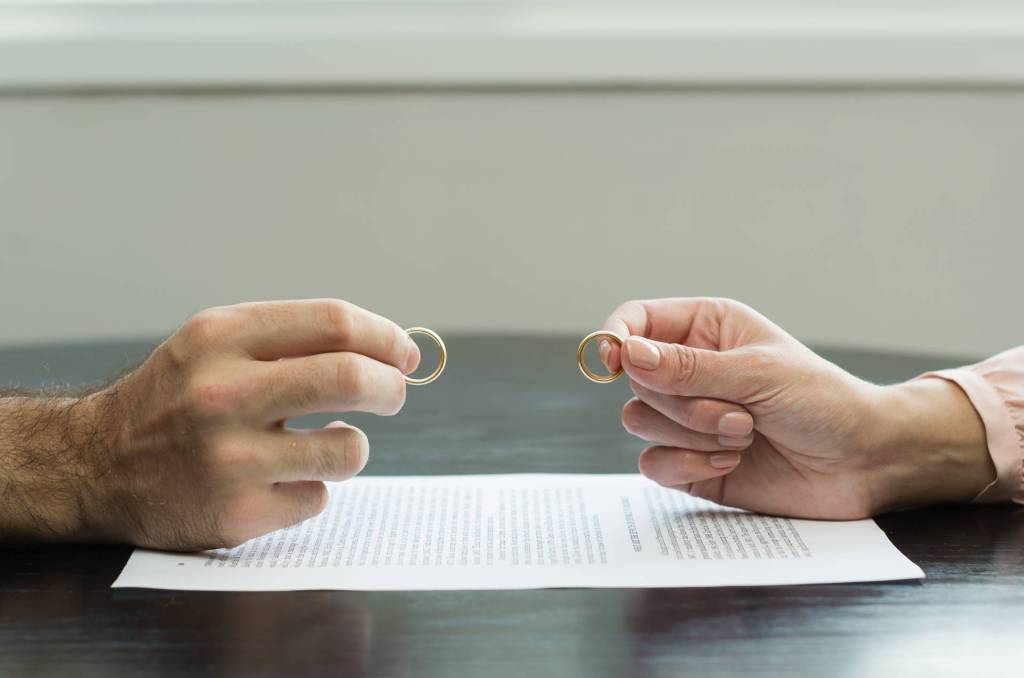Dealing with the financial aftermath of a car accident can be tricky enough, but trying to figure out what to do when the other driver has no insurance can seem impossible. You still have options, but the path to obtaining compensation will be more complicated than before. If you do not already have uninsured motorist coverage with your insurance company, you may have to file a personal injury claim for a civil lawsuit. A Tennessee car accident lawyer will be able to give you more information on what steps need to be taken for a successful lawsuit.
Talk to Your Insurance Company
Before you consider filing a lawsuit against the other driver, you should check with your own insurance company first. Ask them if your plan comes with uninsured motorist coverage. This type of coverage is designed to compensate you in the event that you come out of a car accident caused by an uninsured driver. You can expect to be covered for medical bills, pain and suffering, and lost wages.
If your insurance company tells you that you do not have uninsured motorist coverage, talk to them about other options. They may work with you by applying other types of coverage to your personal injury claim. For example, liability coverage may cover some of your expenses, but not all of them. Some insurance companies also offer collision coverage and personal injury protection, which may be able to cover the rest of your expenses.
What if I Do Not Have Uninsured Motorist Coverage?
In the event that your current insurance coverage is not enough to compensate you and you do not have uninsured motorist coverage, filing a lawsuit against the uninsured driver may be your only option. To be successful in your lawsuit, you will need to work with a lawyer to take care of certain responsibilities.
The first responsibility is the collection of evidence to back up your claim. This involves taking pictures of the wreckage and your injuries, writing down witness contact information and statements, and writing down the other driver’s name. Your lawyer will help you organize all this information in a manner that will serve as your defense. Additional witness reports may also be conducted by your lawyer to strengthen your case.
Your lawyer may attempt negotiations at first, but if this fails, a trial will be scheduled. At trial, the court will ultimately decide how much compensation you will receive or whether you are eligible for compensation or not. In most cases, your lawyer will gain a certain percentage of your compensation as payment for their services.





